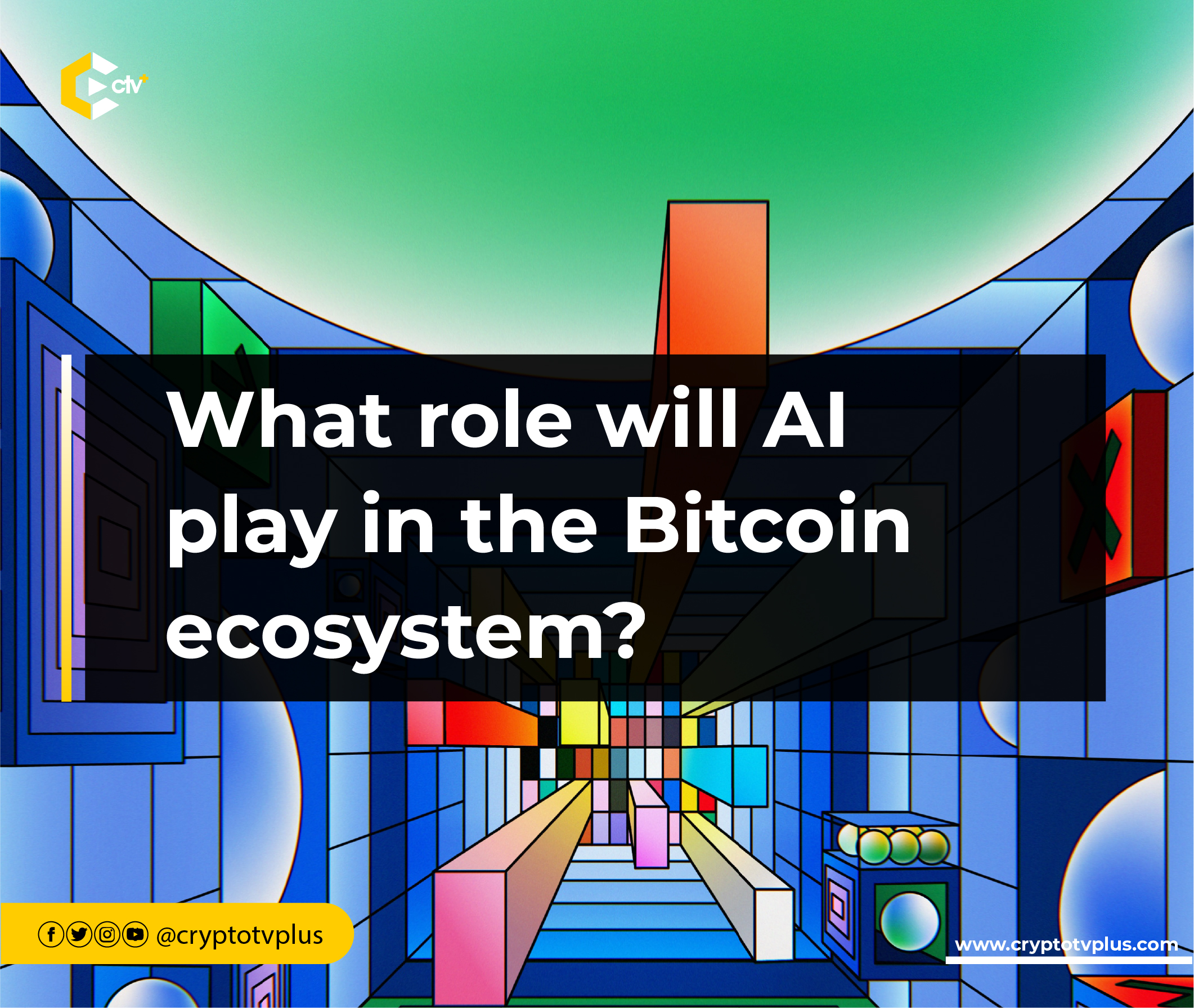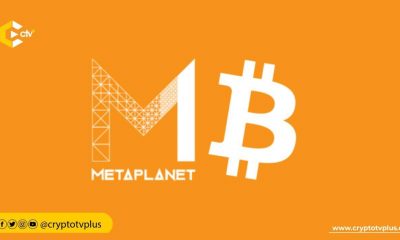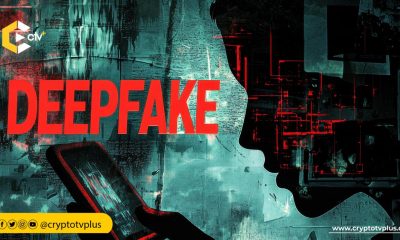FEATURED
What role will AI play in the Bitcoin ecosystem?

The exploration of AI dates back to before the invention of the Bitcoin protocol. While AI is valued at $100 billion today with a projection of reaching $2 trillion by 2030, Bitcoin, which is thirteen years old, has amassed a market capitalization of over $500 billion. In spite of the unique potential these two technological innovations have for transforming the world, there is a question of the outcome of their combination.
Tuur Demeester, Editor in Chief at Adamant Research, spoke at the Bitcoin 2023 Miami event, saying that one of his personal concerns about AI as a technology is whether the world will end up with an AI or several AIs.
Dhruv Bansal, physicist, Co-Founder, and CSO at Unchained, added that another concern of AI is that it is a threat to human life, and based on recommendations from Eliezer S. Yudkowsky, an AI thought leader, there is a need to control AI development before it “kills us”.
“Because it has unknowable goals that we can’t rationalize, AI research should prevent AIs from getting better than they are right now,” he said. Additional recommendations he noted are the destruction of data centers as well as “locking down access to information and technology just to prevent this outcome.”
The physicist also said that while the worries of people about AI are real and have produced several pessimistic outcomes, the “Bitcoin phenomenon” makes it possible for everyone to think differently about these AI challenges. “Bitcoin stirs our imagination; it provides us with new tools, new ways of thinking, and new modalities that allow us to approach these hard problems with optimistic solutions.”
Bitcoin measuring the boundaries of AI
Dhruv compared the basics of biological life with how Bitcoin and AI will function. He added that biological life has to do with metabolism, which involves chemical reactions that are at the basis of life itself. Upon these chemical reactions and connections, life is built, and thus for the world of AI, bitcoin private keys can be the base foundation that provides the same basic “currency” as it were for AI to advance and give life to a lot of innovations.
If Bitcoin runs as the foundation of the internet, on which AI will also be integrated, Bitcoin can serve as a control measure for what AIs can do. Thanks again to the private key of the protocol that can be used to create boundaries and define the operations of distinct AI entities.
Private keys will allow AI entities to recognize and differentiate their own digital processes from others, facilitating ecological and economic competition or symbiotic relationships.
The money side of AI
Dhruv, the speaker, highlights the expensive and monetized nature of AI development and operation. He said that money is already an integral part of how AI operates today, as building and running AI systems requires significant financial resources and energy.
However, he noted that current AI lacks an understanding of money, its costs, and its role in its operations. “Money is already a very important part of how AI operates today, but AI today doesn’t understand money.”
He envisions a future model where the Internet operates on direct settlement through Bitcoin, eliminating the need for indirect payments to Internet service providers and emphasizing direct transactions with satoshis (the smallest unit of Bitcoin) online.
“As a developer, programming against traditional forms of money is really difficult and awkward, but programming using Bitcoin as money is very easy and straightforward. It’s a natural fit for digital life.”
He said that if AI relies on Bitcoin as its lifeblood, it will strive to earn Bitcoin by providing useful services to humans. Therefore, because humans possess all the bitcoin, they will have control over AI’s ability to earn it.
He advised that AI should be allowed to operate on a fair moral basis, where it is not owned by corporations and has a role in decision-making. “We are not at all building artificial intelligence; we are instead building artificial life, and we should view it that way.”
Why AI competition will prevent casualties
Speaking about the likelihood of harm from AI, Dhruv said that in observing life and nature, he has realized that economies and ecologies do not produce entities that destroy the basis of society or consume and destroy the entire ecology.
The speaker believes that understanding AI as life forms occupying specific niches is crucial for addressing alignment issues, instead of indulging in pessimistic outcomes that stem from a lack of imagination and control.
The threat of AI destroying the world ignores the reality that there are multiple AIs out there that are competing with each other. “There is no universe in which any of them will just allow one company’s AI to become infinitely intelligent while they just sit there.”
Also, AI which will be developed in different dimensions may likely not agree with each other in terms of having a unanimous decision to destroy the world. “If we have multiple AIS and they’re all pursuing intelligence in some way there’s no guarantee that they are aligned with each other.”
He added that in the same way that Nick Zabbo, a smart contract developer, observed that “money evolves in human societies to kind of cut off the harshest aspects of competition”, technologies like Bitcoin and AI can function to “enable collaboration between human beings.” Thus, “I see no reason why money and specifically Bitcoin can’t play the same role for an emerging society of artificial intelligence.”
The speaker added that AI and Bitcoin are complementary technologies. He noted that the combination of AI and Bitcoin has the potential to create a more efficient, equitable, and secure world. “Bitcoin, in order to realize its potential, needs artificial intelligence just as much as artificial intelligence needs Bitcoin.”
Read also;
Understanding the Bitcoin Blockchain
How AI & Blockchain are Changing the World: benefits & risks
























